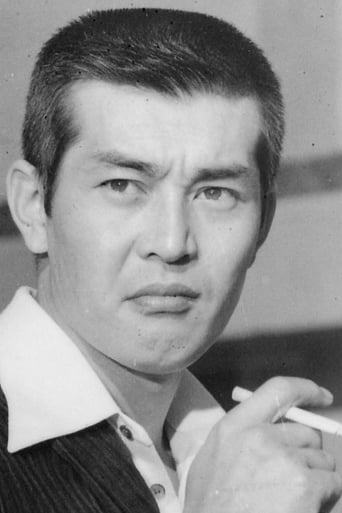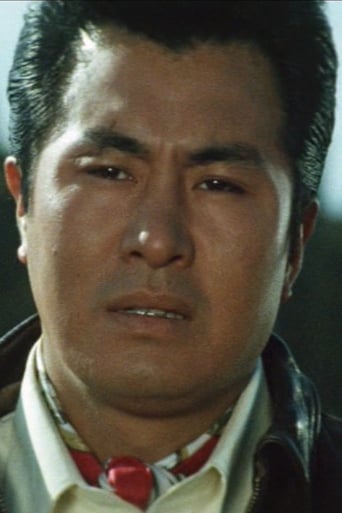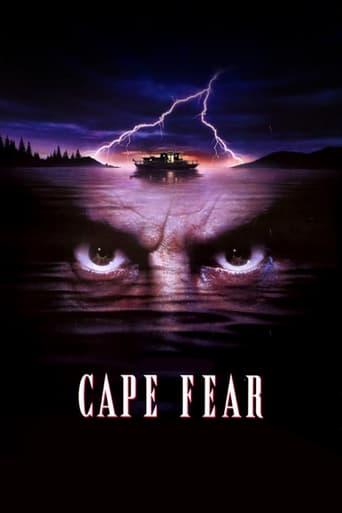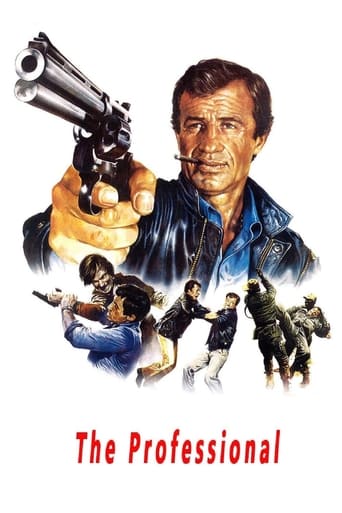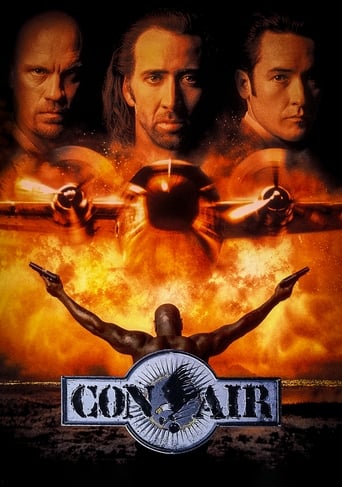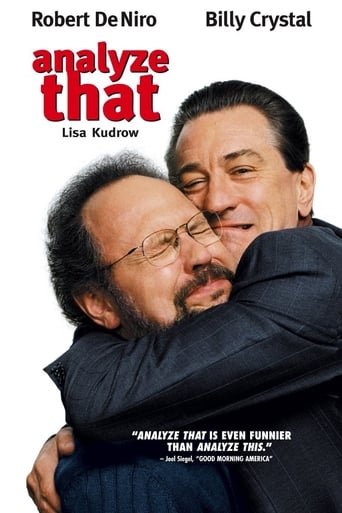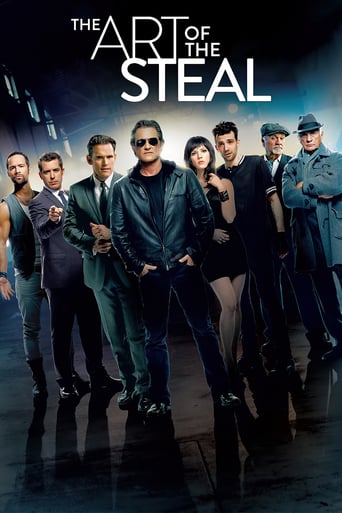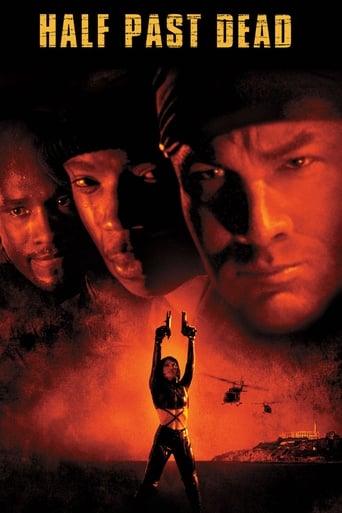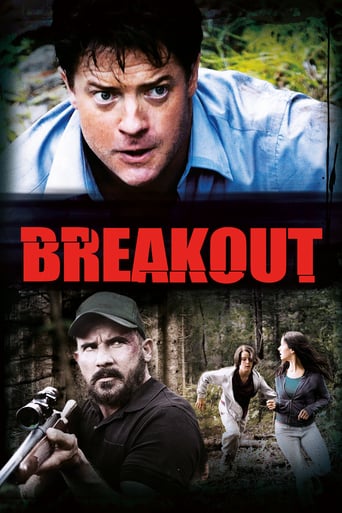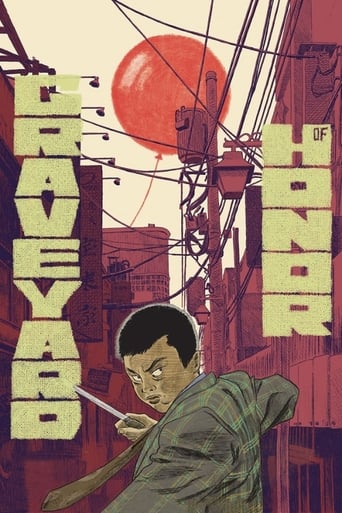
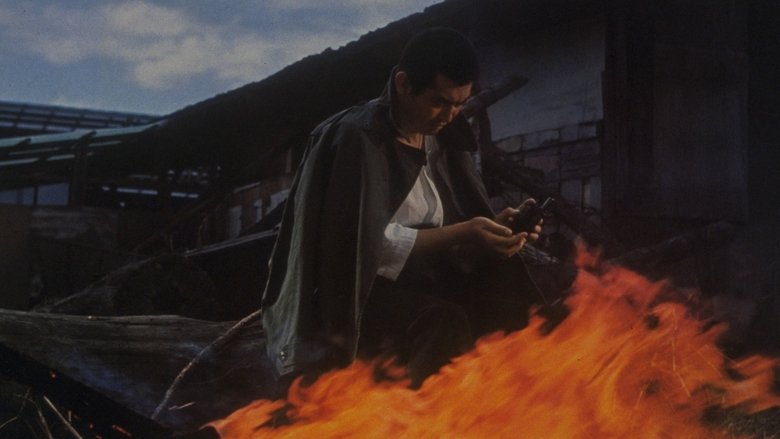
Graveyard of Honor (1975)
A self-destructive man becomes a powerful member of the Japanese mafia but quickly loses his self control. Based on the true story of Rikio Ishikawa.
Watch Trailer
Cast


Similar titles
Reviews
Don't be misled. GRAVEYARD OF HONOR is not your typical Japanese Yakuza film. This genre most often depicts a battle between Good and Evil, or at the very least, the awareness of this struggle. Kinji Fukasaku, director of GRAVEYARD OF HONOR, has created a portrait of a character who is not cognizant of a single redeemable quality. Tetsuya Watari plays Rikio Ishikawa who was a real figure within the Japanese underworld in the years immediately following WWII. This man was clearly psychotic and was not to be restrained or regulated either by the police or leaders within his Yakuza brotherhood. Fresh out of jail, and then banished for attacking his own clan leader, he is sent to Osaka where he acquires a heroin habit. And, all along this downward slide, it is nearly impossible to generate any sympathy whatsoever for this reprehensible character. Fukasaku seems to suggest that US occupying forces were in some ways complicit in the corruption of post WWII Japan. As the US attempted to bolster Japanese self rule, it allowed the Yakuza's fortunes to prosper in phony democratic elections. However, in no way does this allow the viewer to empathize with the sadistically violent outbursts of Rikio Ishikawa. Kinji Fukasaku has crafted a film in which we watch as a malevolent anti-hero voraciously embraces the forces of darkness without a backwards glance.
Kinji Fukasaku's mid-70s faux-biopic of a sociopath Yakuza gangster in late-40s Japan is certainly an absorbing experience, even if it never quite manages to immerse the viewer entirely in the nihilism of the world in which Tetsuya Watari's Rikio Ishikawa exists. It's difficult really to determine whether Fukasaku is trying to attract or repulse us here and, for me, this is the film's main weakness. Ishikawa has no redeeming features: he's simply a crude, boorish rapist and murderer who invokes unexplainable loyalty in those around him. There is some amusement to be found in the bewilderment of Ishikawa's Yakuza superiors, who don't seem to know quite what to do with the loose cannon in their midst (presumably something in the Yakuza code prevents them from simply taking him into a back alley and shooting him like a dog) but, for all its kinetic energy and undeniable style Graveyard of Honour mostly fails to fascinate, and fascinate it must the way a caterpillar squirming on the end of a pin fascinates if it is to hold an audience who can feel little or no connection with its main character.Despite these criticisms, the film is never dull. Fukasaku is an unsurpassable director, completely confident of his skills, totally focused, and unafraid to adopt subjects and styles that must have seemed out of the ordinary at the time. It's to his credit that most of the techniques he uses in this film are still widely used today especially by US gangster flicks. Fukasaku fills the screen with people in this one, countless people, hundreds of them, conveying the raucous and claustrophobic overcrowding of a country recovering from a bruising war. And while attention to period detail is perhaps not this film's strong point, this shortcoming is overcome by good use of sepia tones to reinforce the sense of history.
Graveyard of Honor is a fantastic entry into the yakuza genre or, for that matter, the gangster genre in general. However, more so than many of its counterparts, it is an excellent Brechtian character study. Filmed in a "mockumentary" style, Graveyard of Honor breaks up its action and storytelling relatively often with bits of narration, setting the events of the film in their period context and transitioning over long gaps in time.A reviewer once equated this film to the "blacksploitation" films of the same period: this betrayed the reviewer's ignorance to the genre. The Japanese gangster film is far more presentational than its western counterparts. From the bright, red, paint-like blood to the strict characterizations and operatic emotions, Graveyard of Honor and other films like it are a sort of midway point between Kabuki theater and French nihilism. It is an intriguing genre, and one that internationally acclaimed director Kinji Fukasaku uses brilliantly to pose intriguing questions and point out crucial problems in the Japanese mindset of the time.To truly appreciate his 1970s yakuza films, it helps to have knowledge of the history leading up o that time from the end of World War II. Watching Graveyard of Honor on its own will certainly be an entertaining experience, but anyone perplexed or intrigued by the film should do research on other films of the period, their cultural context, and their societal implications. Fukasaku was a groundbreaking director, and it's a shame that his brilliance could be lost in the cultural gap.
Kinji Fukasaku is worldwide known for his Yakuza movies, different from the typical overall view the cinema had from Yakuzas. This movie is a good example of how far some yakuzas are from honor or pride.Fukasaku films Jingi no hakaba (Graveyard of Honor) as a mockumentary (fake documentary) which gives more emphasis to the actual yakuza situation. This movie follows the story of Ishikawa, the archetypical post-war gangster (as it's defined in the film). The character development is great, and very surprising. However, you may loose the plot in some points if you don't have an overall knowledge of the Yakuza organization.In conclusion, a very entertaining gangster movie the Japanese way. I hugely recommend for anyone looking for the roots of most of the Japanese and Hong Kongese gangsters movies nowadays (Takashi Miike, Takeshi Kitano, John Woo, etc.), you won't get disappointed.


